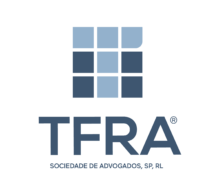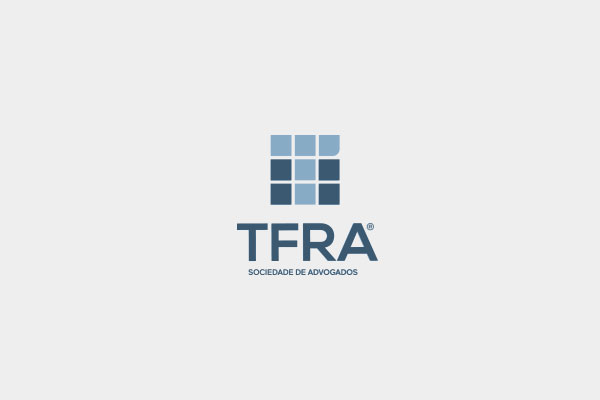The August 22 no. 62/2018 Statute has amended the regime that regulates the granting of a permit to commercially exploit local housing establishments by means of a second amendment to the Decree-law no. 128/2014, dated from August 29.
The main amendments are:
- The specification of the hostel concept where the latter is a business establishment whose predominant housing unit is the dormitory, whereby predominance is acknowledged whenever the number of dormitory users is higher than the number of bedroom users.
- The creation of containment areas supervised by the territorially competent Municipal Councils, to preserve the social reality of neighbourhoods and sites. In said areas, the same owner cannot exploit more than seven local housing establishments, and an express permit issued by the territorially competent Municipal Council is also required to create any new facilities. Any owner who already held more than seven establishments is only obliged not to open any more said facilities.
- Outside of the containment areas, the registration of establishments is carried out by means of a mandatory term-bound advance notice, addressed to the territorially competent Mayor. The latter, under their supervisory role, will verify the request compliance with the mandatory registration requirements, and may object to said request if any requirement is missing. The term-bound advance notice is exclusively submitted via the Balcão Eletrónico Único (Single Electronic Desk).
- The joint-owners assembly may create an additional contribution corresponding to the costs related to the increased usage of any commonly-shared areas, up to 30% of the respective annual apportionment.
- The owners of more than half of the building, in pro mille terms, may object to local housing in said building, as long as they support their claim based on reiterated and attested actions that disturb the normal usage of the building or cause any disturbances that affect the resting periods of the joint-owners.
- The availability of an information book in, at least, four different languages is made mandatory, and two of those languages must be Portuguese and English. This book must contain all information and operational rules related to the applicable local housing.
- The business owner of said local housing establishment must have a civil liability, multipurposed insurance in place that covers fire hazards, as well as property damage and personal injuries related to the rendering of said housing services.
- ▪ Hostels are obliged to have an identification plate by the building’s main doorway and close to its main entrance. The remainder local housing categories must post a plate by the establishment entrance
- A “bedroom” housing category has been introduced. A “bedroom” is any local housing establishment created at the lessor’s residence that also matches the lessor’s tax residence; the housing unit is the bedroom, and it is not allowed, under this category, to have more than three housing units.
- If the holder of the local housing exploitation permit wishes to terminate their business, they should do so by means of an announcement sent, at least ten days advance, to the applicable electronic reservation platforms
- All fines pursuant to the non-compliance with the applicable legal statute have been revised and increased.
- Compliance with this legal statute is supervised by ASAE (Economic and Food Safety Authority) and the territorially competent Municipal Council.
These amendments to the previous legislation aim primarily at addressing concerns related to: the well-being of the residents or tenants that share the common areas with the local housing establishments; the preservation of the social reality of neighbourhoods and sites; the safeguard of the homes or housings intended for permanent residence.
We should wait for the practical outcome of these amendments at a time when tourism is flourishing in our Country

